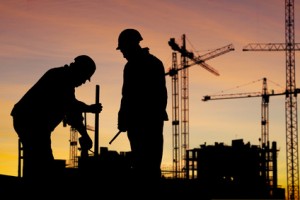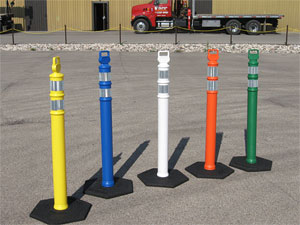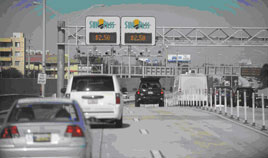By: Brandon Stein
If you or someone you know was injured in a construction accident, contact our Fort Lauderdale lawyers today.
Florida construction lawyers helping those injured at or near construction zones typically have a good idea of who to sue for their client’s personal injury case. Yet, personal injury lawyers here in South Florida do make mistakes during the course of their client’s construction injury case. However, small mistakes may go unnoticed and ultimately not affect the outcome of a case, but significant blunders could potentially cost the person injured at a construction site hundreds of thousands, if not millions, of dollars.
As a North Miami Beach construction injury lawyer, a significant mistake that I have come to recognize that cannot be made is the decision of who to sue in a personal injury case. When injury occurs at or near a construction site, naturally the finger of blame is pointed immediately at the general contractor in charge of the construction zone. While it is indeed the general contractor that ultimately won the bid for the construction project and typically bears the most responsibility, several other construction companies are involved as well. In other words, these other construction companies may also be liable for the personal injury for which you have retained a South Florida lawyer.
indeed the general contractor that ultimately won the bid for the construction project and typically bears the most responsibility, several other construction companies are involved as well. In other words, these other construction companies may also be liable for the personal injury for which you have retained a South Florida lawyer.
Far too often, Florida lawyers that help clients injured in construction accidents file a lawsuit against only the general contractor and proceed with litigation. Come time for mediation or settlement, the client agrees to a specific settlement amount with the general contractor and before funds are disbursed, a “release of claims” is signed by the client. And the moment the injured client signs on that dotted line releasing the general contractor from the personal injury lawsuit, all of the sub-contractors breathe a collective sigh of relief, for they all just dodged a major bullet.
As a Fort Lauderdale construction lawyer, I urge all clients injured in an accident at or near a construction area to question your attorney on this issue. Often times, when an accident occurs in a construction zone, the general contractor is not the only party responsible. When that contractor wins the bid to perform the construction, the company most likely needs to employ several other construction companies (i.e. sub-contractors) to assist with the project. And when an injury occurs on a construction site, Florida lawyers are quick to blame the general contractor, but it is necessary to take that extra step and challenge the work of the sub-contractors as well. Because more times than not, this adds a couple extra zeros to the settlement.



 separated from the rest of traffic through the use of high performance highway tubular delineators. These delineators are essentially large tube-like plastic poles that are often utilized by construction companies for the separation of traffic.
separated from the rest of traffic through the use of high performance highway tubular delineators. These delineators are essentially large tube-like plastic poles that are often utilized by construction companies for the separation of traffic.

 directing traffic, flaggers are often required to undergo additional training and have more experience than your average construction worker, such as John Smith.
directing traffic, flaggers are often required to undergo additional training and have more experience than your average construction worker, such as John Smith.
